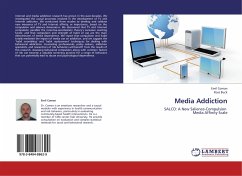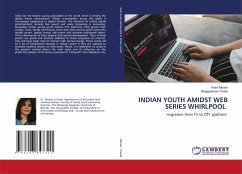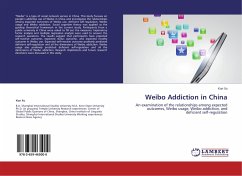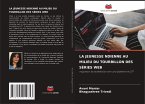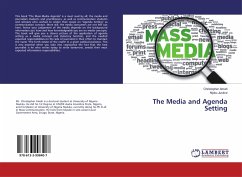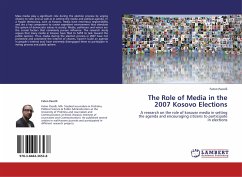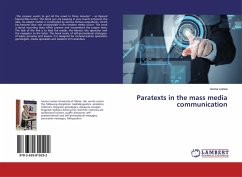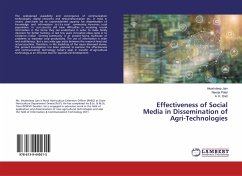Internet and media addiction research has grown in the past decades. We investigated the causal processes involved in the development of TV and Internet addiction. We conducted three studies to develop and validate new measures of TV and Internet affinity, or importance, based on the compulsion and salience dimensions. We discovered that TV and Internet compulsion parallels the incentive-sensitization theory s excessive wanting factor, and that compulsion and strength of habit of use are the main determinants of media dependence. We report that compulsion and habit totally mediated the impact of media use on addiction, and we suggest the habit scrambling and habit replacement techniques for dealing with behavioral addictions. Counseling professionals, policy makers, addiction specialists, and researchers of risk behaviors will benefit from the results of this research. Assessing behavioral compulsion along with common factors of risk can become a valuable screening practice for arange of behaviors that can potentially lead to abuse and psychological dependence.
Bitte wählen Sie Ihr Anliegen aus.
Rechnungen
Retourenschein anfordern
Bestellstatus
Storno

